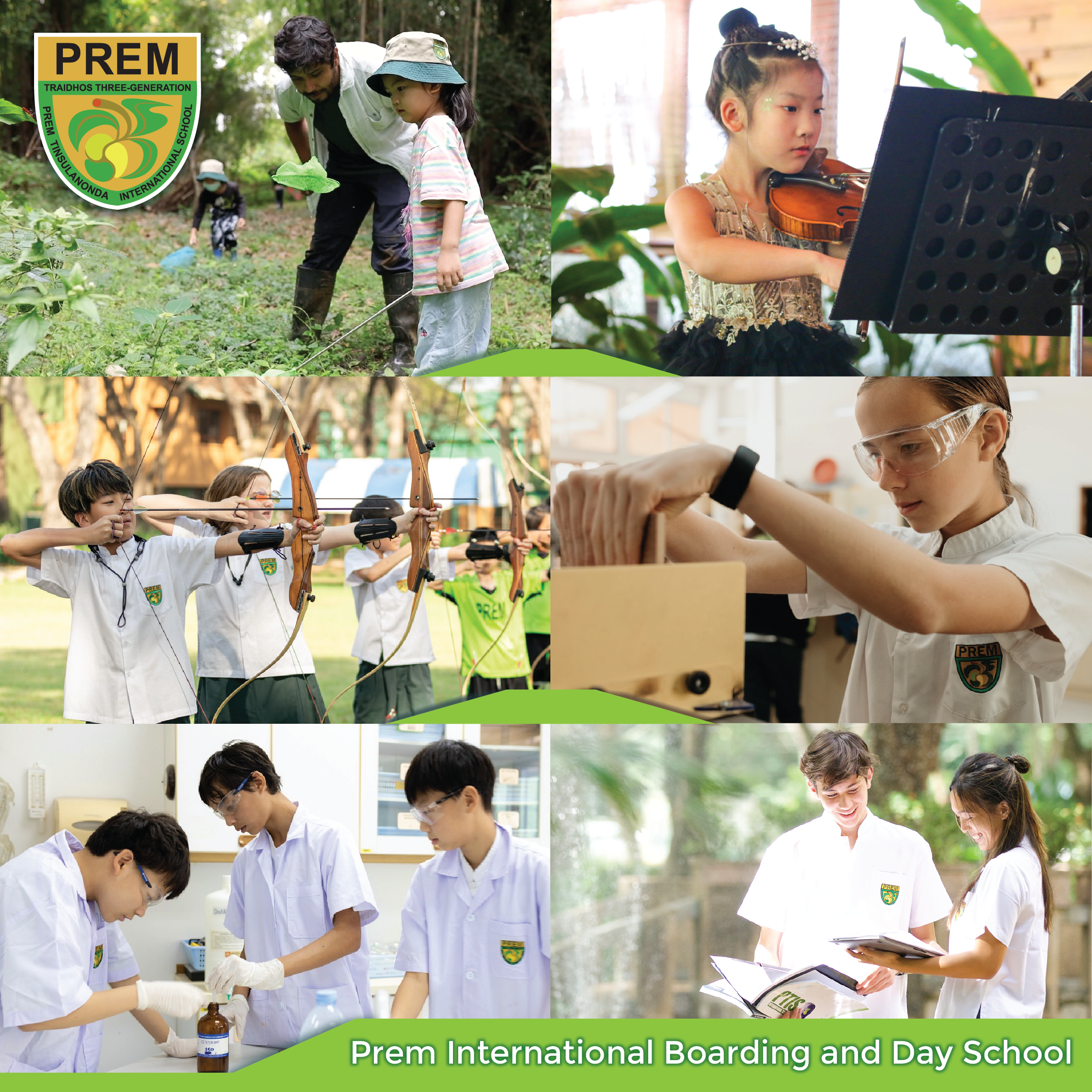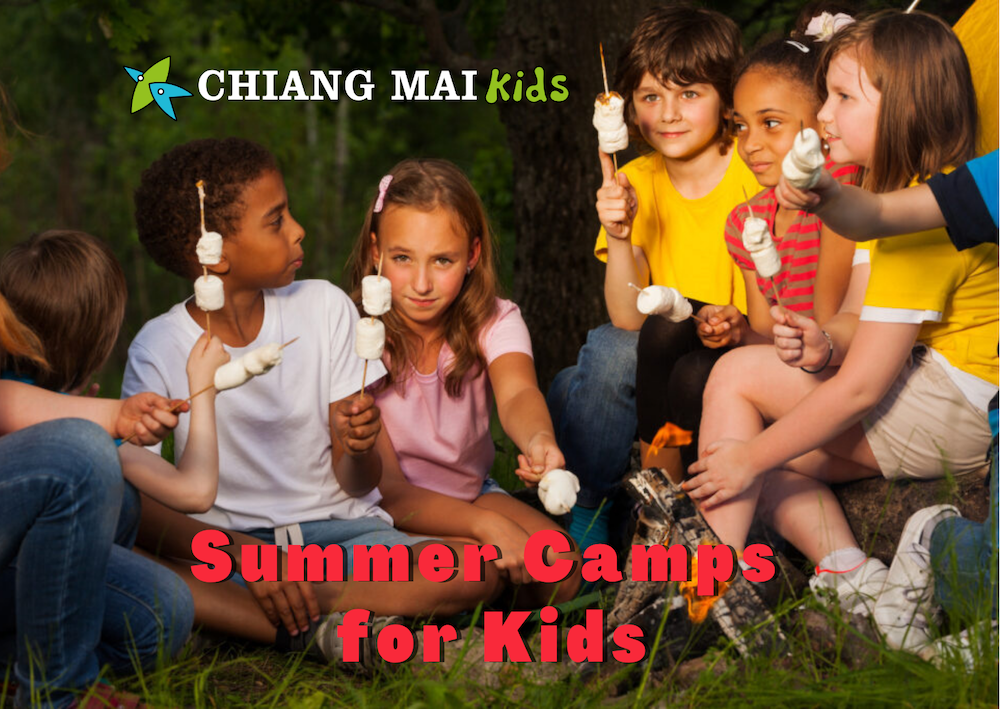For those with children in international school, regardless of whether you’re an expat, multicultural or local Thai family, chances are they are Third Culture Kids. What defines the so-called TCKs? Basically, these are the kids who don’t have a straightforward answer when asked, “Where are you from?” And often, when asked to specify their ethnicity, on university applications for example, they identify themselves as global or international citizens.
The formal definition of TCKs are those who have spent a portion of their formative childhood years (ages 0 to 18) in a culture different than their parents’ home culture or the first culture. Traditionally, they were the children of diplomats, military kids, or children of missionaries who tended to develop their identities while living abroad, blending their ‘home’ culture with the culture of the world in which they grew up (the second culture).
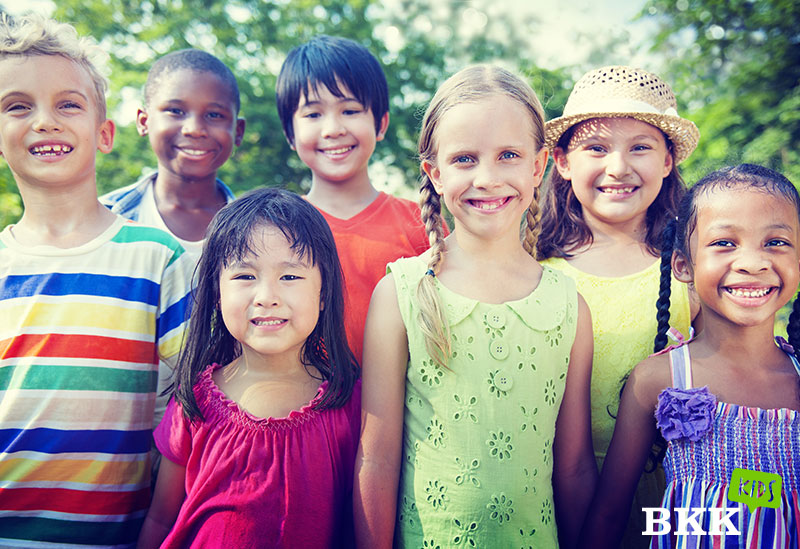
Today, the term has broadened to encompass children in international schools who pick up different cultural norms, behaviours and beliefs from their educational setting, teachers and peers. For a majority of these kids, their greatest sense of belonging lies in a ‘third culture’ of friends for whom everywhere – and nowhere – is home. In the book Third Culture Kids: The Experience of Growing up Among Worlds, the authors describe that a “TCK builds relationships to all of the cultures, while not having full ownership in any. Although elements from each culture are assimilated into the TCK’s life experience, the sense of belonging is in relationship to others of similar background.”
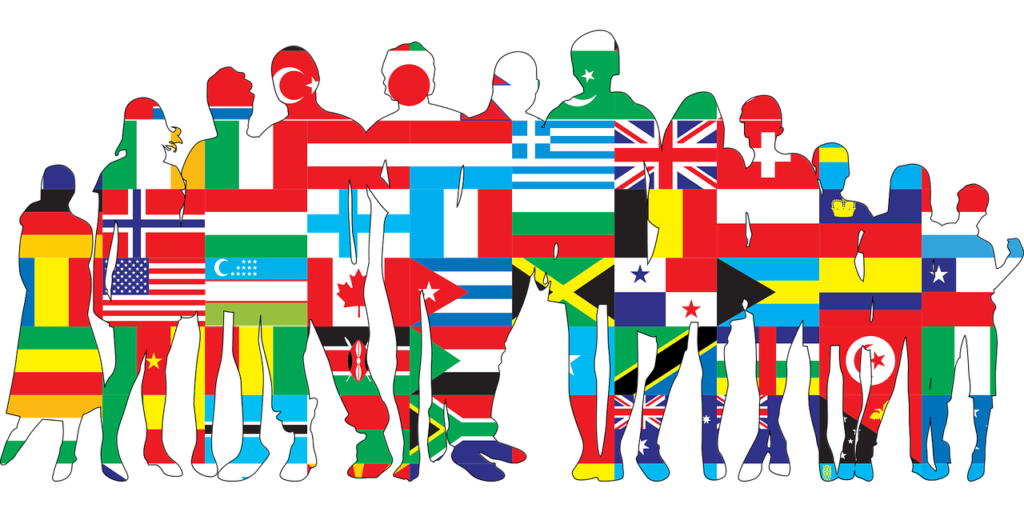
TCKs are hard to define, given the diversity of their experiences, but they can share similar traits such as high adaptability, multilingualism, open-mindedness, high empathy, immunity to cultural and racial stereotypes, and greater cultural awareness than their counterparts back home or in more traditional educational systems. On the flip side, they can feel like cultural misfits, suffering from reverse culture shock upon return to their parents’ home country.
“It’s common to see TCKs having a tough time with re-entry in their home countries; they don’t feel as if they fit in or relate to the locals,” says Jim Westgate, a retired teacher from the International School of Bangkok (ISB) who taught a Cross-Cultural Communications course at the school for over 15 years. “With all the positive traits of being worldly and having a greater multicultural understanding comes rootlessness, depression, confusion and loneliness. Also, these kids often forge more lasting and meaningful relationships with other TCKs.”
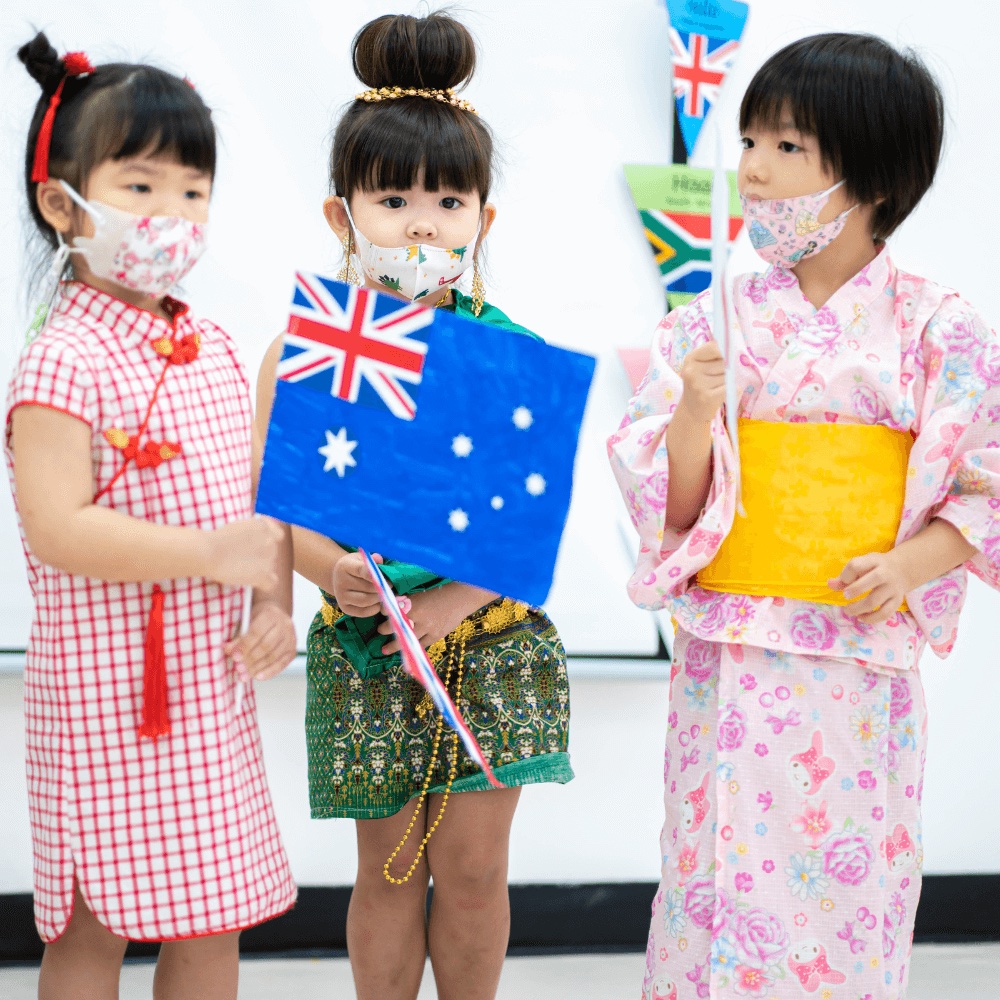
Thais in international schools, often referred to as ‘Thai inter’, are grouped with TCKs. “These kids end up being sort of ‘on the fringe’,” explains Jim. “They tend to have the verbal and non-verbal ways of communicating as other TCKs, and are then sort of ‘out of it’ with the general Thai educated group. They, however, separate themselves from ‘farang’ and will switch into speaking Thai often, but they don’t think, speak or act like other Thais.”
Jim ponders, “Is it a better way to grow up? Well, TCKs learn the very different ways people can see life. Surely that is preferable over growing up with a boxed-in perspective of the world – especially as everything is so globally connected these days. Despite the negative attributes, including the fact that they will always have to deal with others who just don’t get them, TCKs generally have an enriched life. It’s up to them how they use the unique traits they adopted while growing up in a third culture.”


